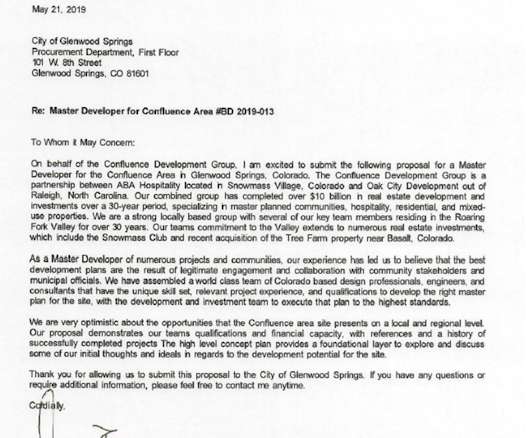TM infringement and false advertising claims related to putative open source software "fork" succeed
43(B)log
SEPTEMBER 16, 2021
The parties previously partnered nonexclusively so that PureThink would sell and support the commercial version of Neo4j; upon termination, PureThink expressly agreed to “cease using any trademarks, service marks and other designations of Plaintiffs.” Summary judgment granted on state and federal false advertising claims.











Let's personalize your content